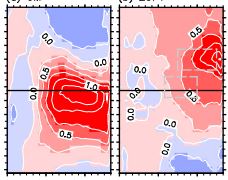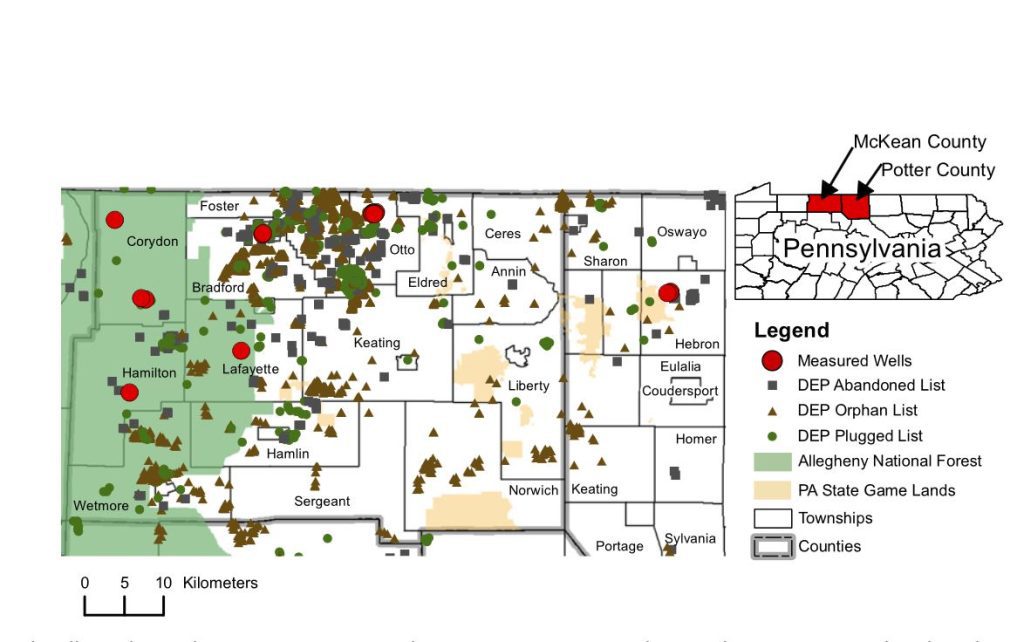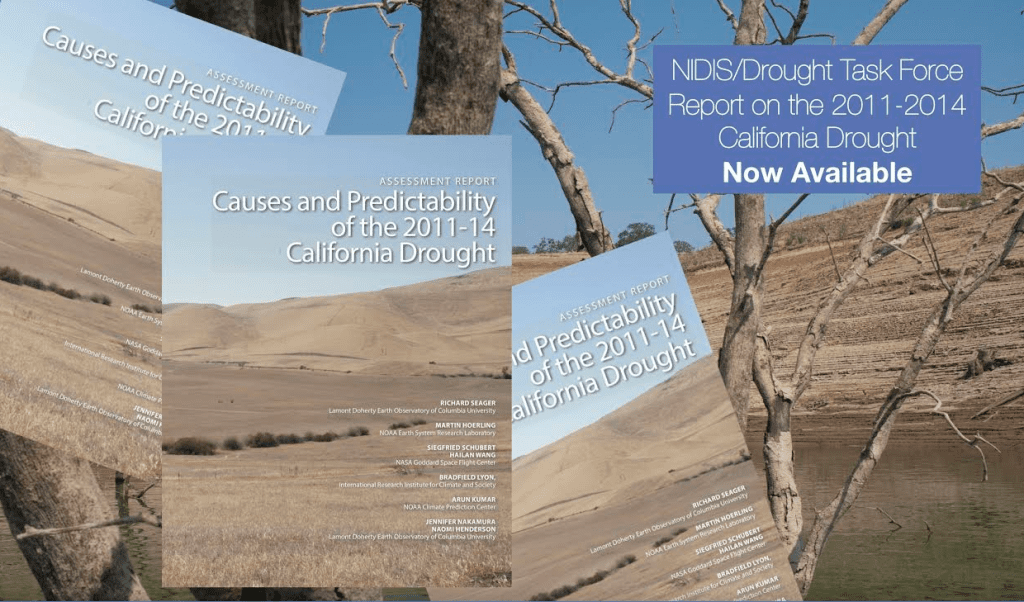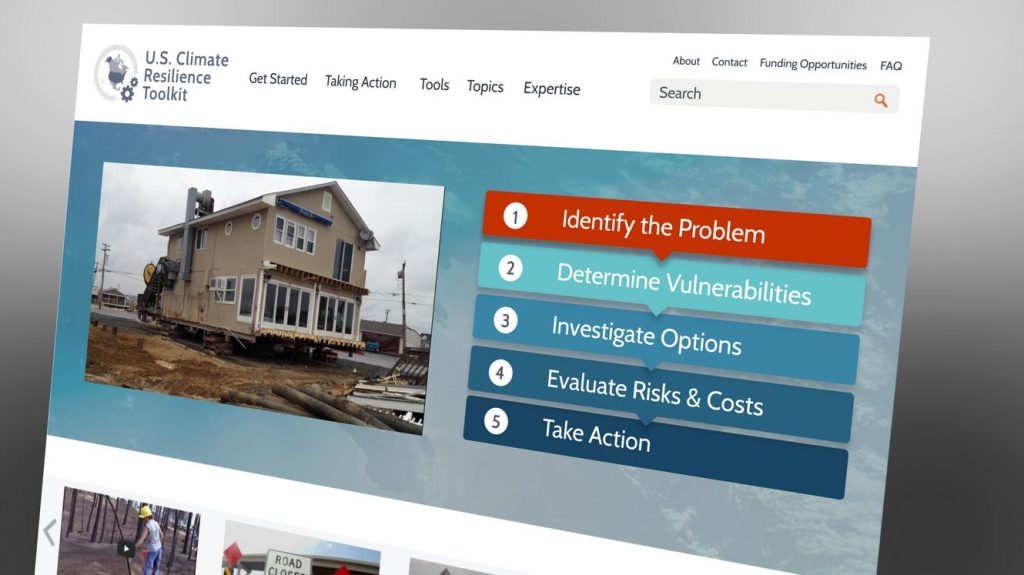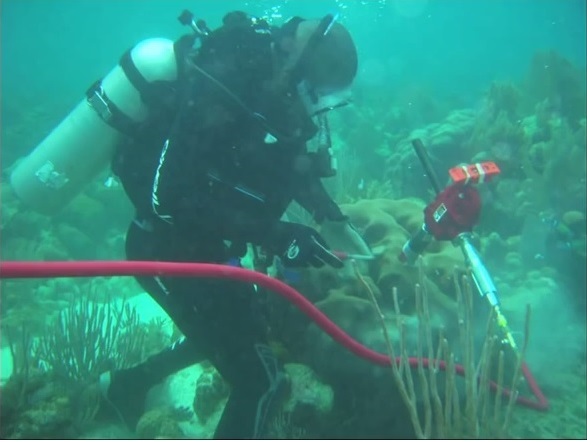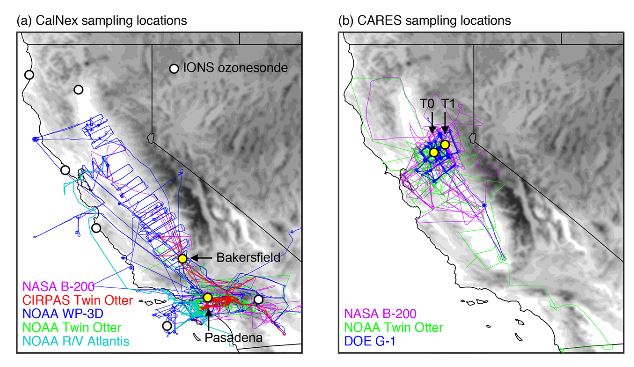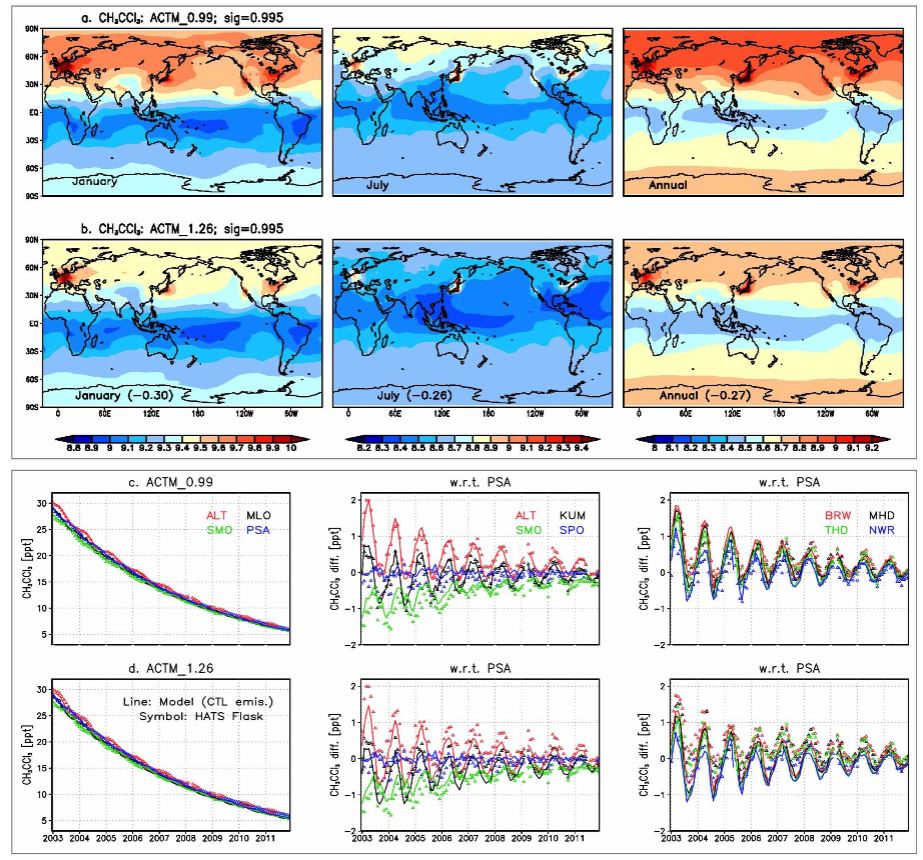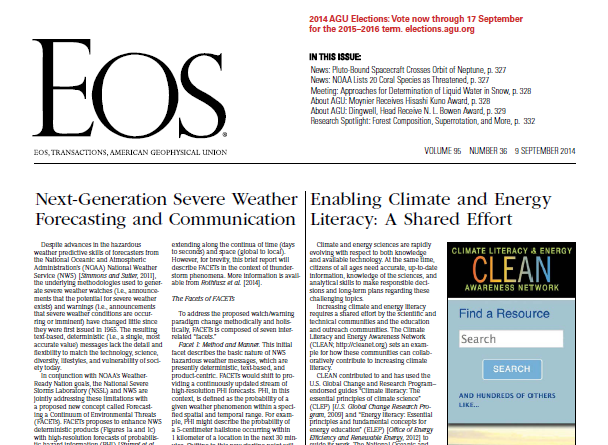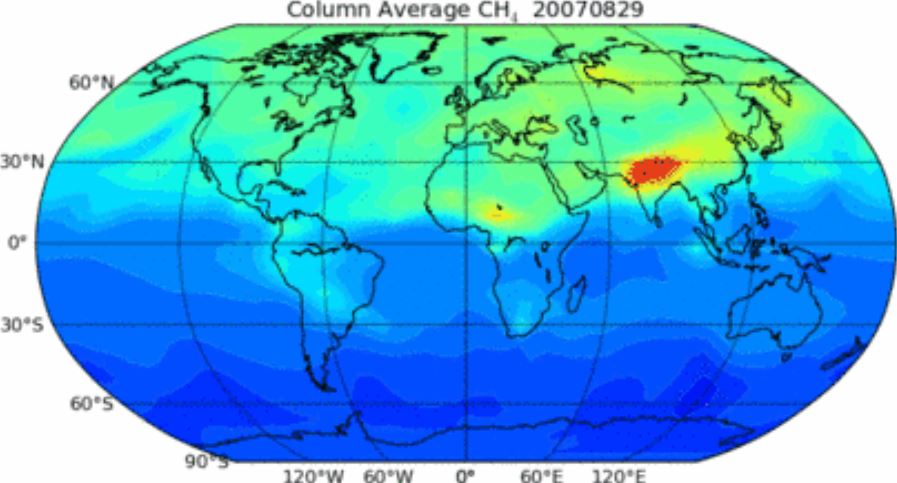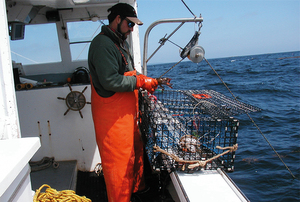Spring persistence, transition, and resurgence of El Niño
Research supported by CPO’s Modeling, Analysis, Prediction, and Projections (MAPP) program has been published in Geophysical Research Letters. The study, titled “Spring Persistence, Transition and Resurgence of El Nino”, by Sang-Ki Lee at the Cooperative Institute for Marine and Atmospheric Studies/NOAA Atlantic Oceanographic and Meteorological Laboratory in Miami, Florida, and coauthors, provides a comprehensive physical explanation of how two main types of El Niño events typically evolve from their onset to decay.
Spring persistence, transition, and resurgence of El Niño Read More »


